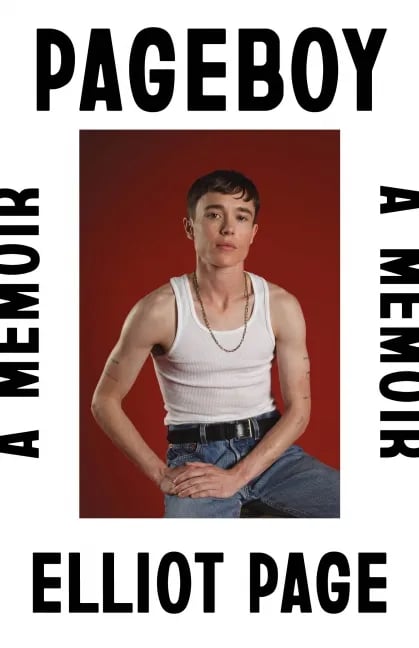Canadians Have History Too
For a dollar a day you can support a Canadian
When I was in high school, Kate Beaton accomplished the arguably impossible feat of getting me to think about Canadian history for even one second. She did this via her web comic, Hark A Vagrant, whose panels on Nancy Drew covers, pirate beefs, and Jane Eyre jokes I return to on a regular basis.
Ducks is… a different animal. It’s a graphic novel chronicling Beaton’s two years working at a remote oil plant in Alberta. In an environment that’s almost entirely men, Beaton faces isolation, misogyny, and more than one assault. At the same time she starts grappling with the human cost of her industry, the indigenous communities being poisoned by her company’s oil projects.
Beaton’s voice combined with her illustrations paint such a clear, detailed picture of her experiences and showed me a world I didn’t even know existed. It’s an extremely special project that crystalizes moments with a quiet incisiveness. I love reading about places from the people who have it in their bones; the Beatons have been a Cape Breton family for generations and Beaton shows it, her family, and the nature and community in both Cape Breton and Fort McMurray in remarkable detail. It’s hard to overstate how beautiful this book is.
I’ve been trying to find a nice place for Pageboy for a while, and while I’ll probably pull it back out for some future “memoirs by people I root for THE MOST” edition, Elliot Page’s book also counts as Canadian history. He is himself some of it, but I’m specifically talking about the Halifax explosion, which I had never heard of before: In 1917, two ships collided in the harbor and one of them, full of explosives (secretly, because of wartime), exploded, destroying everything in a half-mile radius. Almost 2,000 people were killed and another 9,000 were injured. Page grew up in a neighborhood built on top of Halifax’s North End, which had been leveled by the explosion, at one point showing the reader a piece of the ship’s anchor that was thrown nearly two miles and the park that stands there now where he used to make out with his boyfriend. Page keeps bringing us back to the disaster, and his fixation with it weaves through his memories of the city and contrasts with his own personal losses and parts of himself he’s had to rebuild from whole cloth.
I’m in general not a big reader of The Horrors of War but The Warm Hands of Ghosts snuck up on me. Following combat nurse Laura Iven, who’s been discharged for an injury, it paints World War I in the apocalyptic terms that must have felt appropriate for people for whom the “I” was not yet visible at the end of the war’s name. A completely unthinkable circumstance, causing more pain and death than anyone had the ability to cope with. Laura’s discharge means that she’s back home in Halifax the December morning of the infamous explosion. She’s still coping with the loss of her mother (whose ghost appears to her occasionally, which she refuses to acknowledge because she is a Scientist) when she gets a confusing message from the front: her brother, Freddie, is dead. Or maybe just missing. She sets out for the front with the female head of a hospital and a widow who recently lost her son to find answers about her brother’s whereabouts. At the same time, we pick up Freddie’s story a few months earlier, as he struggles to survive being buried alive in an explosion and stumbles upon a mysterious fiddler with a hotel that appears and disappears along the Western front, promising the gift of forgetting.
In her author’s note, Arden urges readers to consider World War I, which is often flattened into a “quaint, grey-tinted conflict,” even though she notes the largest American military cemetery abroad isn’t at the beaches of Normandy but in Belleau, France. She notes that WWI’s place at a pivotal point between past and future is what makes it so ripe for her particular form of magical realism: “The years of World War I were as close to a moment of historical science fiction as we will ever get: an indescribable mash-up of changing mores and technologies. And its participants, like time travelers, were people of one era flung without warning into another.”
This piece felt so urgent and so gripping AND, as a bonus, it’s a little bit queer. I can promise happy (or at least content) endings for most of the main characters, and two of them even end up retiring to the peace and wilderness of Cape Breton, where Kate Beaton is from. Full-circle Canadian history baby.




